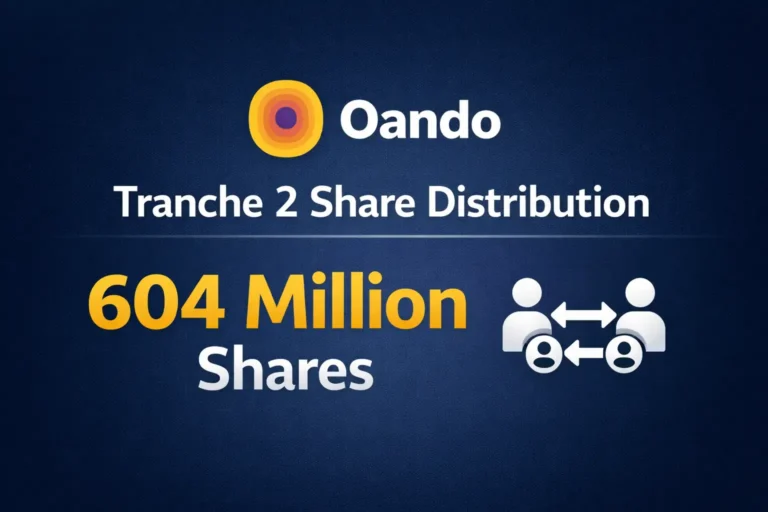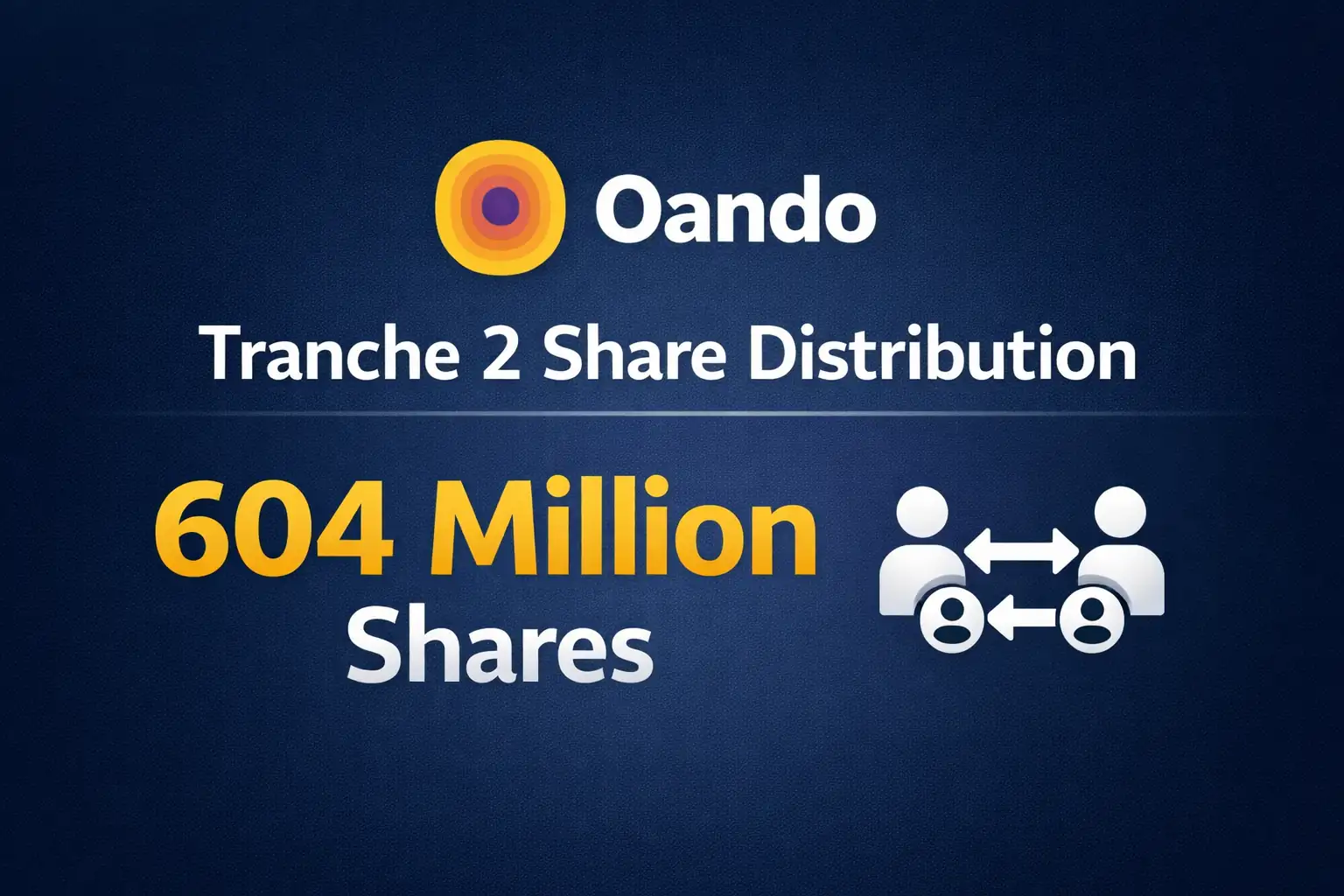President Donald Trump’s proposed 3.5% remittance tax, embedded in the ambitious One Big Beautiful Bill, is set to reshape the landscape for Nigerian banks and payment companies. If passed, this tax will impose significant compliance and operational challenges, straining financial institutions already navigating a complex global remittance market.
The tax targets outbound transactions from the U.S. to foreign countries, with the sender bearing the cost. Nigerian banks, heavily reliant on the $6 billion in annual remittances from the U.S., face a daunting task in adapting to this new financial burden.
Under the proposal, remittance service providers must collect the tax and remit it to the Internal Revenue Service (IRS), with secondary liability for any reporting or collection failures. This places Nigerian banks and payment firms in a precarious position, as they must ensure flawless execution to avoid penalties.
Also Read:
- YC-backed Nigerian fintech Lemonade looks to set itself apart in African remittances space
- Global Remittances Flow May Hit $5.4trn by 2030
- India is set to become the first country ever to receive $100 billion a year in remittances
- Ridwan Olalere: Nigerian Technology Enthusiast Transforming Immigrant Remittances with LemFi
An exemption exists for U.S. citizens or nationals using qualified remittance providers that verify sender identity through a written agreement with the U.S. Department of the Treasury. However, the logistics of verifying citizenship status add another layer of complexity for banks processing international transfers.
In 2021, global remittance flows reached $478 billion. The U.S. alone sent out $188 billion in remittances globally, with major recipients being Mexico ($53 billion), India ($16 billion), and Guatemala ($14 billion).
Nigerian banks will need to overhaul their systems to comply with the tax collection and reporting requirements, incurring substantial costs. These expenses could erode profit margins, particularly for institutions handling high volumes of U.S.-Nigeria remittance transactions.
The verification process for determining sender citizenship remains unclear, posing operational challenges for Nigerian financial institutions. Without clear guidelines, banks risk non-compliance, which could lead to financial and reputational damage.
Uncertainty also surrounds whether U.S. citizens transferring funds from U.S.-based banks to foreign accounts would qualify for the tax exemption.
The tax’s impact extends beyond banks to consumers and businesses, including freelancers and corporations relying on remittances for professional services. These groups face higher costs, potentially disrupting their financial operations and reducing remittance volumes to Nigeria.
For Nigerian payment companies, the administrative burden of implementing new processes could strain resources and divert focus from innovation. Smaller firms, in particular, may struggle to absorb the costs of compliance, risking market share to larger competitors.
Nigeria received $6 billion in remittances alone in 2021, highlighting its critical role in the composition of the nation’s income. A tax-induced reduction in U.S. remittances could weaken Nigeria’s foreign exchange reserves, exacerbating economic pressures.
The lack of clarity on key requirements, such as citizenship verification and tax collection mechanisms, leaves Nigerian banks in limbo. Financial institutions urgently need detailed guidance to prepare for the potential passage of this bill.
For businesses facilitating remittances, the tax could increase operational costs, potentially leading to higher fees for consumers. This could deter senders, further reducing remittance inflows, which the governor of the central bank (CBN), Olayemi Cardoso, said through official money transfer companies reached $4.22 billion between January and October 2024.
Large corporations using remittances for cross-border payments may also face disruptions, as the tax complicates international financial operations. This could prompt a reevaluation of payment strategies, impacting Nigeria’s remittance-dependent sectors.
Nigerian banks must act swiftly to assess the tax’s implications and invest in compliance infrastructure. Proactive measures, such as engaging with U.S. regulators and upgrading systems, will be essential to mitigate risks.


























